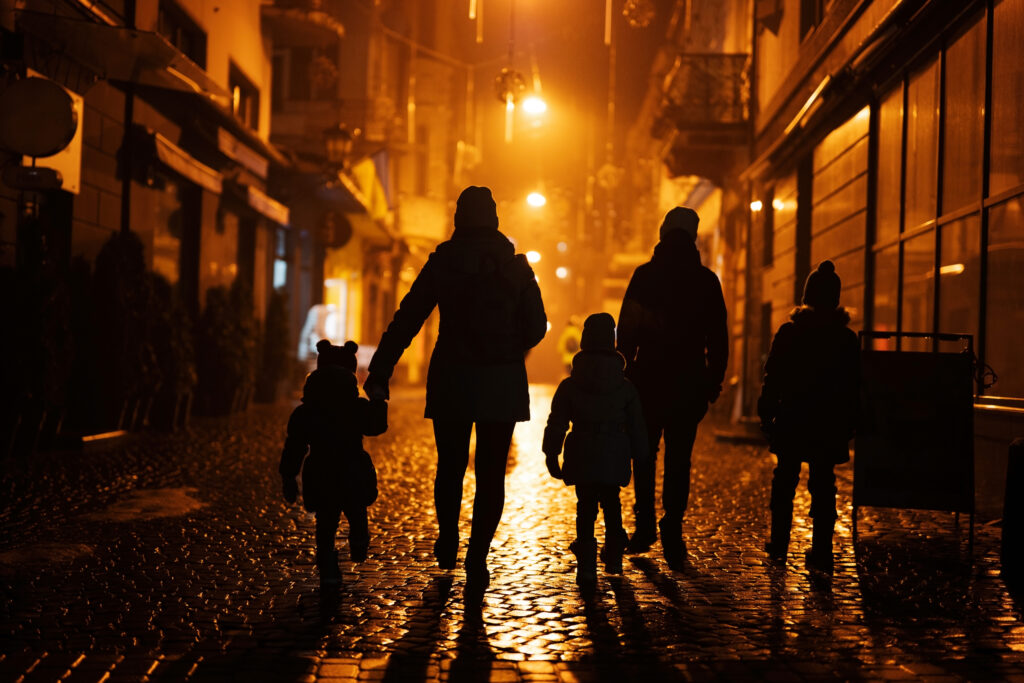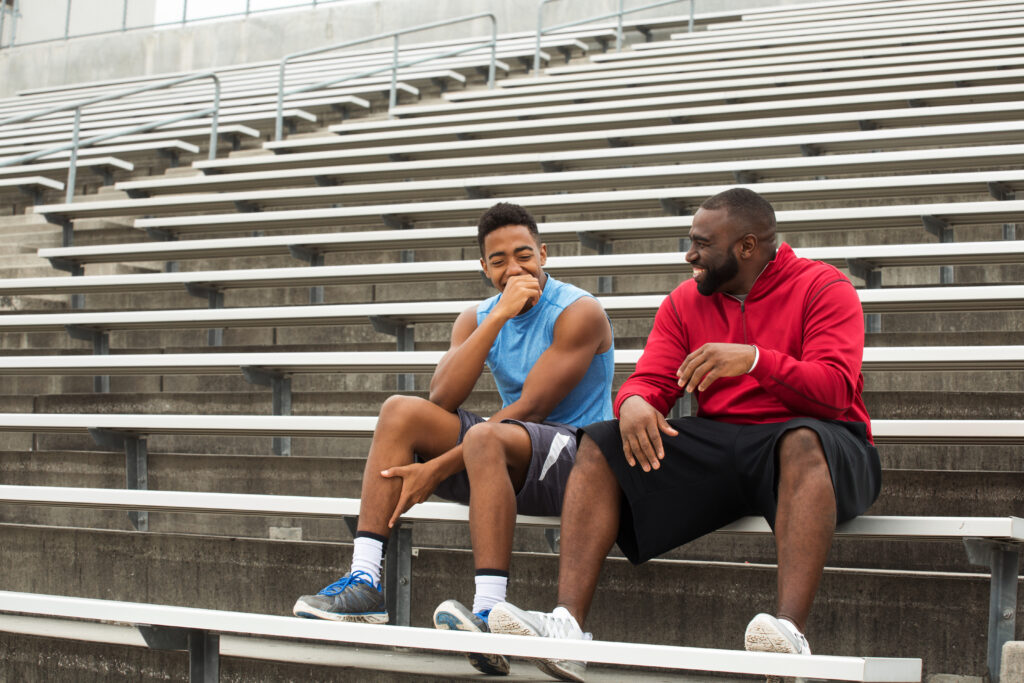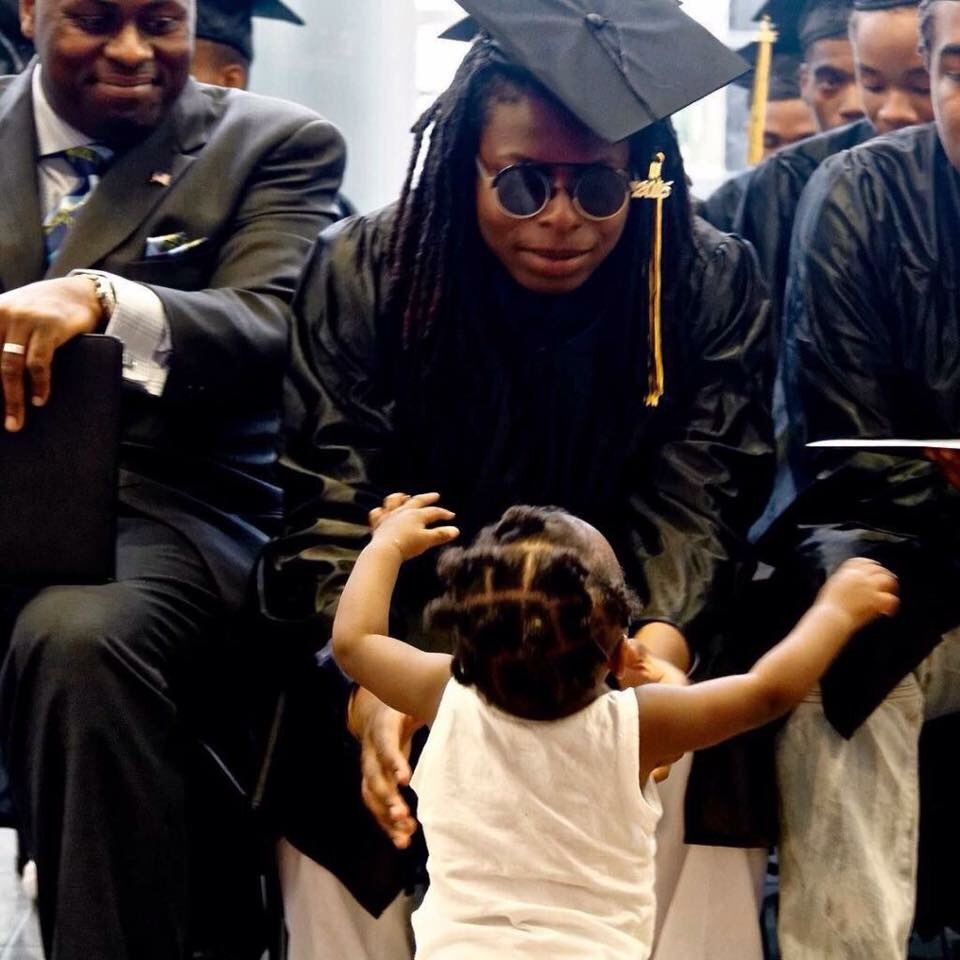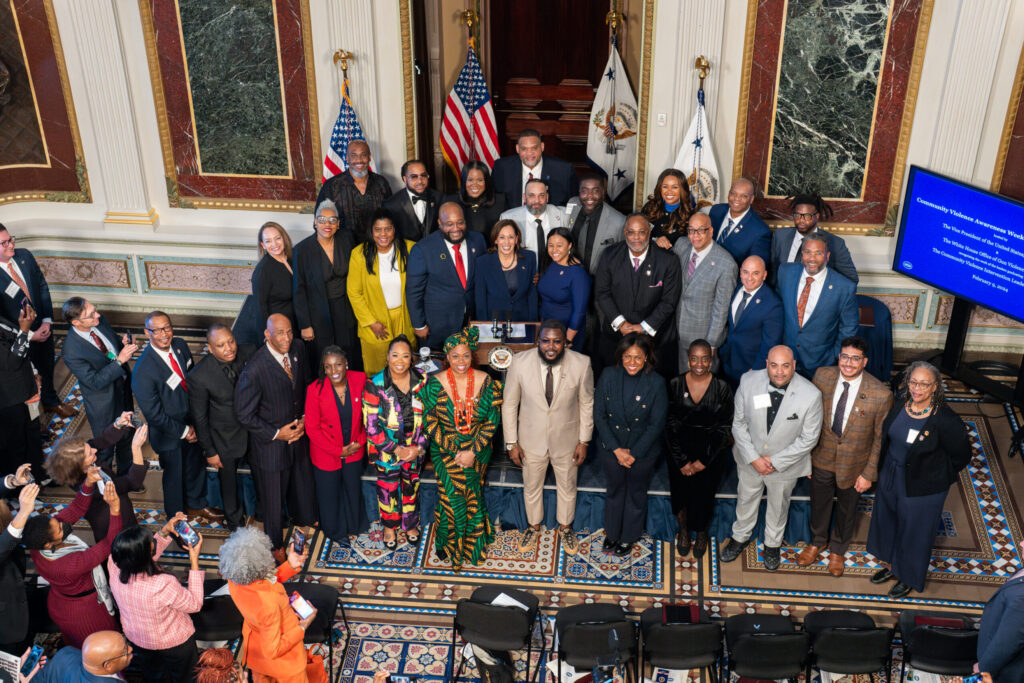Youth Violence
Gun violence is the leading cause of death for young people in America. But youth violence interventions can help keep kids safe and reach those who are the hardest to reach.
America’s gun violence problem is having an outsized impact on the most vulnerable members of our society — our kids. Fundamental disparities in public safety mean that children and young people live in communities that are disproportionately exposed to violence. Consistent exposure to gun violence has detrimental effects on mental health, emotional development, and academic engagement. For example, our research suggests that 38% of school-aged girls in Chicago public high schools citywide exhibit signs of PTSD — double the probability of PTSD in service members returning from Iraq and Afghanistan. Undoing decades of disinvestment won’t happen overnight, but we need to find ways to keep kids safe and reach those who are hardest to reach.
The Crime Lab partners with local schools, community violence intervention programs, and criminal justice agencies to connect young people with behavioral and mental health supports to help them navigate difficult situations, boost academic involvement, and reduce violence involvement.
Choose to Change, a program focused on gang-involved youth, found participants had 48% fewer violent crime arrests.
Our evaluation of Becoming a Man found the program helped cut violent-crime arrests in half and boost high school graduation rates by nearly 20%.
Back to Our Future (B2OF)
Back to Our Future (B2OF) is an effort to re-engage disconnected youth and connect them back to Chicago Public Schools (CPS) or other education completion opportunities.

Chicago Department of Family and Support Services (DFSS) Technical Assistance
The Crime Lab has provided technical assistance to Chicago’s Department of Family and Support Services and its service providers to aid in their efforts to more strategically direct their prevention and intervention services to those individuals most in need.

Youth Advocate Programs
The Crime Lab and Education Lab, in partnership with Youth Advocate Programs, Inc. (YAP), conducted a randomized controlled trial of YAP’s wraparound advocacy services to evaluate the program’s impact on youth academic outcomes and violence engagement outcomes.

The Dovetail Project
Researchers at the Crime Lab, the University of California Berkeley, and Cornell University evaluated The Dovetail Project, a program that offers parenting supports for young fathers on Chicago’s South and West sides.

Evaluating the Effectiveness of a Community-based Program to Increase Fatherhood Engagement
Pre-analysis plan of the Dovetail Project.
Preventing Youth Violence: An Evaluation of Youth Guidance’s Becoming A Man Program
Abdul Latif Jameel Poverty Action Lab (J-PAL) Youth Summer Employment Report
An analysis of the effectiveness of youth summer employment with a reduction in youth involvement in violent crime.
Bolstering Belonging in BAM and Beyond: Youth Guidance’s Becoming a Man Program Components, Experiential Processes, and Mechanisms
Latest Updates
Chattanooga Police Chief John Chambers Completes University Of Chicago Crime Lab’s Policing Leadership Academy
Chattanooga Police Department Chief John Chambers graduated from the University of Chicago Crime Lab’s Policing Leadership Academy, an education program dedicated to reducing violent crime and improving police effectiveness.

Vice President Kamala Harris Recognizes the CVILA at White House Ceremony

Chicago Police Make an Arrest in Only 20 Percent of Fatal Shootings
The Trace’s Rita Oceguera and Justin Agrelo highlight only 20% of fatal shootings in Chicago result in an arrest. Philip Cook, a professor emeritus of public policy and economics at Duke University, has been working with the University of Chicago’s Crime Lab to examine clearance rates and has noted a sharp decline in homicide clearance rates over the years.

